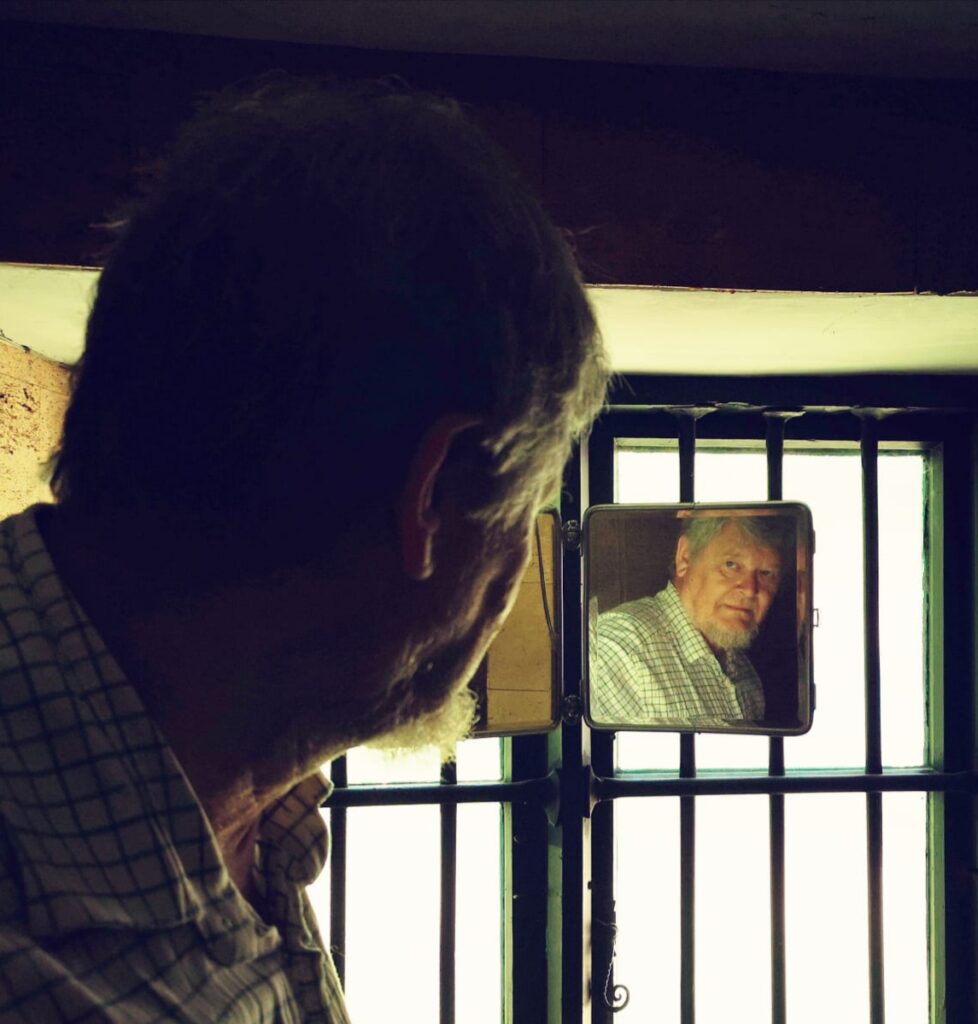9 June 2022
For Better, For Worse
by J.R. Thomas

A few weeks ago (14th April) we published in these pages an article on the extraordinary and happy coincidence of the Presidency of Ronald Reagan and the Prime Ministership of Margaret Thatcher. Leadership, we opined, is a very individual thing, but that era was proof indeed that the hour can produce both the man and the woman. And we threw into the happy mix, the coming to leadership of the Soviet Union, Mikhail Gorbachev, which made all things possible.
What we did not cover was the influence and importance of their spouses. The world knows little of the influence of Raisa Gorbachev of course; it was not the Soviet way (nor is it the Russian way) to tell the world much about leader’s wives, although Mrs G was much more visible than most. But Nancy Reagan and Denis Thatcher were highly visible; loving supportive spouses who knew when to wave and when to make suitable passing remarks, and most of all; when to keep quiet. All three leaders had spouses with no political ambitions, and no urge to influence affairs of state, but who were, one suspects, willing to be consulted, to be grumbled at (not about), and to listen patiently. And, rather as Bagehot set out describing the role of the monarch, when to warn, guide, and counsel.
Denis in particular became a key part of the Thatcher legend, golfing, having a tipple, enjoying his (rather elderly) Rolls Royce, and making the occasional off the cuff remark which much endeared him to the public – “We’ll have a dead calf on our hands next” he muttered as Mrs T lifted one up on a farm visit. “Dear Bill” in Private Eye, Denis’s supposed correspondence with Bill Deedes, journalist and one time editor of the Daily Telegraph, was so spot on the style that many almost believed it to be true, including on occasion Denis and Bill.
The political wife used to be a key part of any successful politician’s life. Winston had Clemmie, masterminding the Churchill’s chaotic life, wild children, and ever stretched finances, knowing when to tell the great man to think again or to apologise to unintentionally bruised members of the Prime Ministerial staff. Eden had Clarissa, his second wife, who brought him serenity after the turmoil of his first marriage. Alas, she found, as she memorably put it, “the Suez Canal flowing through [her] drawing room”; it was she who guided Anthony to resign and to forget the pain and turmoil which so unexpectedly engulfed his period in office. Harold Wilson had a notably supportive wife in Mary. Though she was little interested in politics, indeed was rumoured to have Conservative leanings, she made Harold’s life easy for his endless political manoeuvrings; and we should mention Hugh Gaitskill, whose wife Anna was a true rock to him, and a great spur to his thinking and his conscience.
We do not think now of political leaders and their wives as seamless wholes, but it must be a tremendous asset to have an other half who is devoted to helping the climber of the greasy pole of political ambition. Philip May we know little about but we do know how much his wife valued his quiet presence during her troubled occupation of No 10. Samantha Cameron, child of a very old-fashioned Tory, styled her husband very much of the C21st; and our Corbynista would rightly expect mention of Mr C’s other half and political soulmate, his third wife, Laura Alvarez, who keeps Mr Corbyn in good order at home and ideologically.
Which brings us neatly to our present, for the present, Prime Minister, who needs no introduction. Except to say he too has been married thrice; the second and to date longest lasting spouse being Marina Wheeler. One day numerous tomes will be written on the Johnson rise to power and his psychological make up. What drives a man or woman to the top of politics, what on earth would cause any sane person to forego so many of the normal pleasures of life to attempt to capture the tenuous rewards of high office is a mystery, but one which many writers, distinguished and not, have attempted to explore. A constant tends to be unusual and emotionally complex childhoods, often with the early death or absence of a parent.
Mr Johnson conforms to this stereotype in spades but after his short lived first marriage he appeared to have found a safe haven with Marina, the daughter of a distinguished journalist, and herself a highly intelligent barrister and now QC. She is also a woman of strong political opinions; it is said that she provided the political intellectual ballast to Boris’s populism and public playfulness and affectations. Certainly, Boris was viewed during this period of his life as a larger than life character, but one whose views were mainstream Thatcherite Conservative; in other words, for low tax, minimal government intervention, hawkish on defence, and instinctively anti European Union. It was noted in office as Mayor of London that he developed a taste for “grande projects” which involved intervention and the spending of public money (cable cars, new buses, cycle lanes, the Garden Bridge), but that was as nothing to what was to follow. But generally during and after his mayoralty the view of his party, the press, and the public was that fundamentally Boris was a traditional leader, albeit often in the apparel of a clown, a man who reached across the political divide not by opinions but by style.
Alas, after 25 years this marriage ended in divorce and Mr Johnston first lived with, and then married Carrie Symonds. Ms Symonds was an employee of and campaigner for the Conservative party, but her views are not those of the traditional shire Tory, or indeed of most sorts of Tory. She is stridently for animal welfare, an environmentalist, a green of a very bright hue; and for these causes she is prepared to intervene in markets and throw the costs onto both consumers and taxpayers. She is also a devotee, we know now, of Abba, but this publication is tolerant and non-judgmental, and we say nothing on this point (except “turn it down a bit, please.”) But what we do know is that when Mr J moved in with Ms S, Mr J’s political views suddenly seemed to become closely aligned with those of Ms S, with the addition of an uncontrollable urge to spend public money on a huge scale and direct the public in ways to live its life, unfamiliar from Conservative administrations.
What any Conservative must conclude is that what we used to have in Boris was the political ideology of Marina; but what we now have is that of Carrie. The delivery may be Mr Johnson’s, but he obtains his views from those to whom he is very close. We cannot think of a recent political leader of whom this might be thought; Ramsey MacDonald perhaps, who began as a staunch socialist but spent too much time with the aristocracy.
General Haig described the 17th Earl of Derby, Minister for War in 1918, as “like the feather pillow, bearing the mark of whoever last sat on him.” That would be a frightfully rude thing to say about the Prime Minister; so all we will say is that perhaps the Tories should think about selecting Marina Wheeler as their next leader.
tile photo: Jude Infantini on Unsplash


